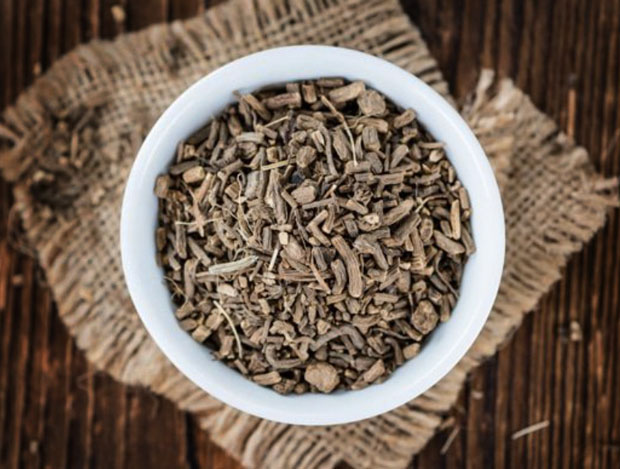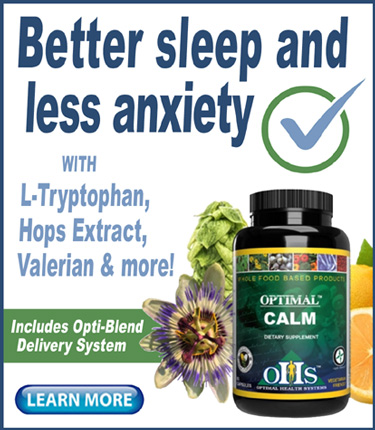Research conducted in 2022 at University College London found people ages 33 to 53 get less sleep than people of all other age groups.
Another study took the stats a step further and pinpointed age 40 as the exact age when Americans are getting the least amount of sleep.
According to the research team, based at the Medical College of Georgia, 40 year old Americans get less shut eye than partying college students, teenagers, and even retirees.
And this lack of sleep is linked to numerous health risks.
Fortunately healthy sleep habits over the course of the average person’s life is usually in the shape of a “U”—meaning there’s more sleep in youth and old age, and the least sleep in midlife. So, people struggling in midlife may see some improvement later, though they’ll have to wait some time to see it happen.
Of course the study only identifies the worst age as an average, and experts point out that sleep challenges can occur at any age. Work stress, health issues and nutrient deficiencies can all manifest a sleep crisis whether a person is 20, 40 or 80.
Fortunately a third study highlights an herb that provides a solution: Valerian root.
Valerian basics
Valerian root is extracted from the valerian plant—or Valeriana officinalis. It is a flowering perennial plant native to parts of Europe and Asia.
The plant boasts a long history of medicinal use that extends back to ancient Greek and Roman cultures. It was famously promoted by “The father of medicine”, Hippocrates (460–370 BC), who promoted the herb to students and patients alike.
It is also a long-established medicinal in the Ayurvedic medicine system in India, with records dating back further than the Hippocratic era.
In the European Union, the European Medicines Agency recognizes the well-established uses of valerian for “the relief of mild nervous tension as well as sleep disorders.”
Even in the United States valerian root is one of the few herbs recognized by the medical establishment as possessing a medicinal benefit.
Regardless, the vast majority of health professionals would prescribe prescription drugs before considering supplementation with a natural alternative like valerian root.
2024 study
In the new study researchers reported low-dose valerian extract was associated with a statistically significant increase in sleep duration starting as early as the first day of use.
To conduct the study researchers at BGS Global Institute of Medical Sciences in Karnataka, India recruited 80 individuals to participate in what the researchers termed “a randomized, double-blind, placebo-controlled, parallel, supplementation study.” All of the participants had sleep related complaints at the beginning of the study.
The study period was 56 days during which the participants were randomly assigned to either the valerian extract or placebo groups. The participants were then evaluated for effects on several sleep parameters: actual sleep time, sleep latency, and sleep efficiency as measured via a wrist actigraphy device.
At the study’s conclusion the scientists reported “significant improvement in the actual sleep time after a single dose administration of valerian extract, suggesting an acute benefit of valerian on sleep.”
The researchers also observed additional sleep benefits on further supplementation—including three-day and eight-week improvements.
Writing in the study summary the researchers concluded, “Potentially valerian extract could be an alternative solution for those looking for early sleep benefits as a safe alternative to melatonin.”
The study was published in Advances in Complimentary and Alternative Medicine in October 2024.
Valerian root extract is one of the synergistic ingredients found in Optimal Calm by Optimal Health Systems. Click the banner ad on this page to learn more.
– – –
Sources: Advances in Complimentary and Alternative Medicine (PDF), Nature.com, JustAPedia (Valeriana officinalis).



